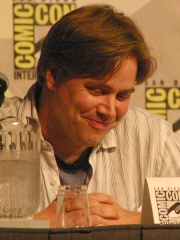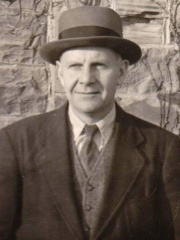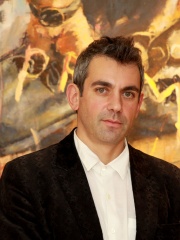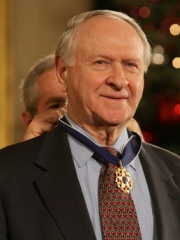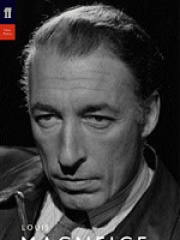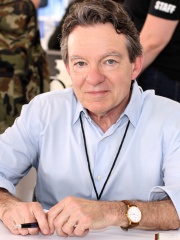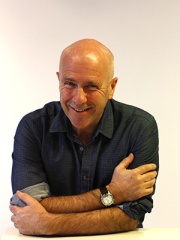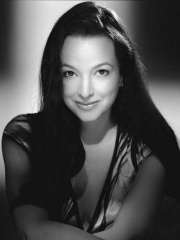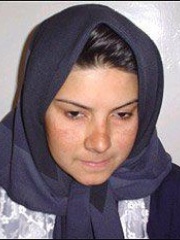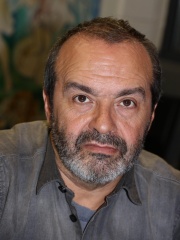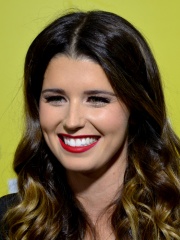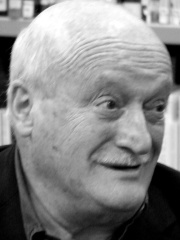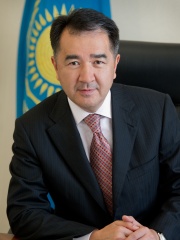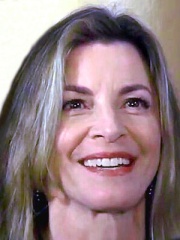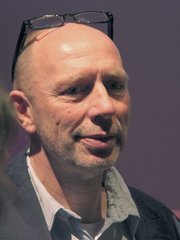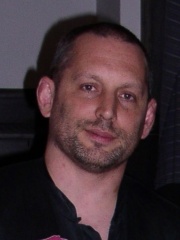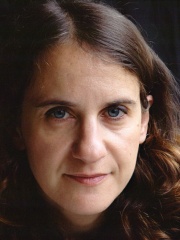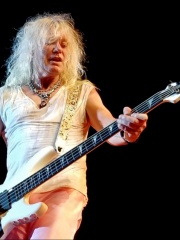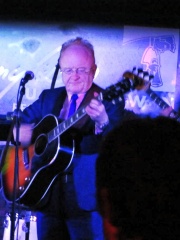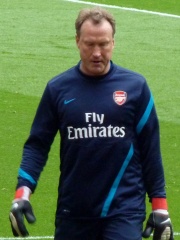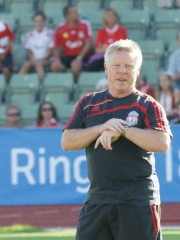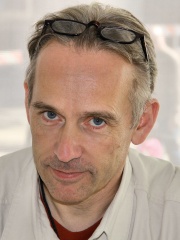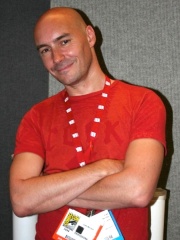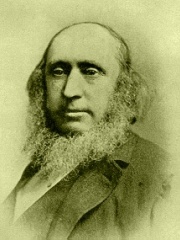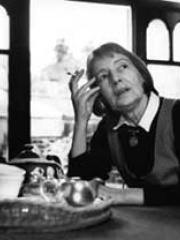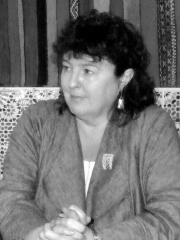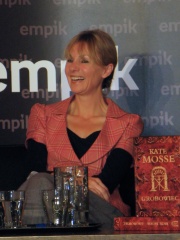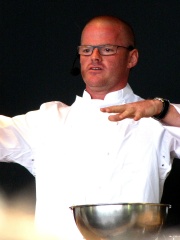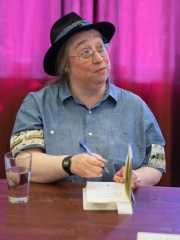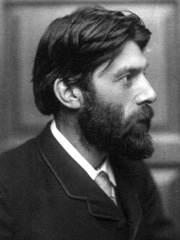Писатель
Peter Morgan
1963 - настоящее время
RU.WIKIPEDIA PAGE VIEWS (PV)
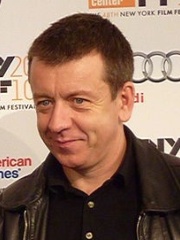
 Peter Morgan
Peter Morgan
Его биография доступна на 25 различных языках в Википедии (рост с 24 в 2024 году). Peter Morgan занимает 6847-е место среди самых популярных писатель (снижение с 5707-е места в 2024 году), занимает 6463-е место среди самых популярных биографий из Великобритании (снижение с 4434-е места в 2019 году) и занимает 714-е место среди писатель Великобритания.
Memorability Metrics
Page views of Peter Morgan by language
Among Писатель
Among писатель, Peter Morgan ranks 6,847 out of 7,302. Before him are Stephen Chbosky, John Crowe Ransom, Wladimir Kaminer, William Safire, Louis MacNeice, and Lawrence Wright. After him are Richard Flanagan, Éliette Abécassis, Nadia Anjuman, Victor Shenderovich, Katherine Schwarzenegger, and Al Alvarez.
Most Popular Писатель in Wikipedia
Go to all RankingsStephen Chbosky
1970 - Present
HPI: 47.61
Rank: 6,841
John Crowe Ransom
1888 - 1974
HPI: 47.60
Rank: 6,842
Wladimir Kaminer
1967 - Present
HPI: 47.60
Rank: 6,843
William Safire
1929 - 2009
HPI: 47.59
Rank: 6,844
Louis MacNeice
1907 - 1963
HPI: 47.58
Rank: 6,845
Lawrence Wright
1947 - Present
HPI: 47.58
Rank: 6,846
Peter Morgan
1963 - Present
HPI: 47.57
Rank: 6,847
Richard Flanagan
1961 - Present
HPI: 47.55
Rank: 6,848
Éliette Abécassis
1969 - Present
HPI: 47.55
Rank: 6,849
Nadia Anjuman
1981 - 2005
HPI: 47.54
Rank: 6,850
Victor Shenderovich
1958 - Present
HPI: 47.53
Rank: 6,851
Katherine Schwarzenegger
1989 - Present
HPI: 47.53
Rank: 6,852
Al Alvarez
1929 - 2019
HPI: 47.52
Rank: 6,853
Contemporaries
Among people born in 1963, Peter Morgan ranks 789. Before him are Ahmad Al-Fahad Al-Ahmed Al-Sabah, Rika Fukami, Leandro Machado, Bakhytzhan Sagintayev, Cynthia Gibb, and Jelle Nijdam. After him are Ann Haesebrouck, Jiao Zhimin, Erik van Rossum, Hans Reiser, Corinne Maier, and Tomoo Kudaka.
Others Born in 1963
Go to all RankingsAhmad Al-Fahad Al-Ahmed Al-Sabah
POLITICIAN
1963 - Present
HPI: 47.65
Rank: 783
Rika Fukami
ACTOR
1963 - Present
HPI: 47.65
Rank: 784
Leandro Machado
COACH
1963 - Present
HPI: 47.65
Rank: 785
Bakhytzhan Sagintayev
POLITICIAN
1963 - Present
HPI: 47.63
Rank: 786
Cynthia Gibb
ACTOR
1963 - Present
HPI: 47.58
Rank: 787
Jelle Nijdam
CYCLIST
1963 - Present
HPI: 47.58
Rank: 788
Peter Morgan
WRITER
1963 - Present
HPI: 47.57
Rank: 789
Ann Haesebrouck
ATHLETE
1963 - Present
HPI: 47.55
Rank: 790
Jiao Zhimin
TABLE TENNIS PLAYER
1963 - Present
HPI: 47.55
Rank: 791
Erik van Rossum
SOCCER PLAYER
1963 - Present
HPI: 47.54
Rank: 792
Hans Reiser
COMPUTER SCIENTIST
1963 - Present
HPI: 47.54
Rank: 793
Corinne Maier
ECONOMIST
1963 - Present
HPI: 47.52
Rank: 794
Tomoo Kudaka
SOCCER PLAYER
1963 - 1999
HPI: 47.51
Rank: 795
In Великобритания
Among people born in Великобритания, Peter Morgan ranks 6,465 out of NaN. Before him are John Inman (1935), Rick Savage (1960), Louis MacNeice (1907), Peter Asher (1944), Fran Healy (1973), and Graham King (1961). After him are Adam Smith (1991), Gerry Peyton (1956), Sammy Lee (1959), Mike Doyle (1946), Christopher Dean (1958), and Lara Pulver (1980).
Others born in Великобритания
Go to all RankingsJohn Inman
ACTOR
1935 - 2007
HPI: 47.59
Rank: 6,459
Rick Savage
MUSICIAN
1960 - Present
HPI: 47.59
Rank: 6,460
Louis MacNeice
WRITER
1907 - 1963
HPI: 47.58
Rank: 6,461
Peter Asher
MUSICIAN
1944 - Present
HPI: 47.58
Rank: 6,462
Fran Healy
MUSICIAN
1973 - Present
HPI: 47.58
Rank: 6,463
Graham King
PRODUCER
1961 - Present
HPI: 47.58
Rank: 6,464
Peter Morgan
WRITER
1963 - Present
HPI: 47.57
Rank: 6,465
Adam Smith
SOCCER PLAYER
1991 - Present
HPI: 47.57
Rank: 6,466
Gerry Peyton
SOCCER PLAYER
1956 - Present
HPI: 47.57
Rank: 6,467
Sammy Lee
SOCCER PLAYER
1959 - Present
HPI: 47.57
Rank: 6,468
Mike Doyle
SOCCER PLAYER
1946 - 2011
HPI: 47.57
Rank: 6,469
Christopher Dean
SKATER
1958 - Present
HPI: 47.56
Rank: 6,470
Lara Pulver
ACTOR
1980 - Present
HPI: 47.55
Rank: 6,471
Among Писатель In Великобритания
Among писатель born in Великобритания, Peter Morgan ranks 714. Before him are Jasper Fforde (1961), Grant Morrison (1960), R. D. Blackmore (1825), Stevie Smith (1902), Carol Ann Duffy (1955), and Louis MacNeice (1907). After him are Al Alvarez (1929), Kate Mosse (1961), Heston Blumenthal (1966), Jo Walton (1964), Robert Bridges (1844), and Owen Jones (1984).
Jasper Fforde
1961 - Present
HPI: 47.74
Rank: 708
Grant Morrison
1960 - Present
HPI: 47.63
Rank: 709
R. D. Blackmore
1825 - 1900
HPI: 47.63
Rank: 710
Stevie Smith
1902 - 1971
HPI: 47.63
Rank: 711
Carol Ann Duffy
1955 - Present
HPI: 47.61
Rank: 712
Louis MacNeice
1907 - 1963
HPI: 47.58
Rank: 713
Peter Morgan
1963 - Present
HPI: 47.57
Rank: 714
Al Alvarez
1929 - 2019
HPI: 47.52
Rank: 715
Kate Mosse
1961 - Present
HPI: 47.45
Rank: 716
Heston Blumenthal
1966 - Present
HPI: 47.23
Rank: 717
Jo Walton
1964 - Present
HPI: 47.15
Rank: 718
Robert Bridges
1844 - 1930
HPI: 47.15
Rank: 719
Owen Jones
1984 - Present
HPI: 47.10
Rank: 720
